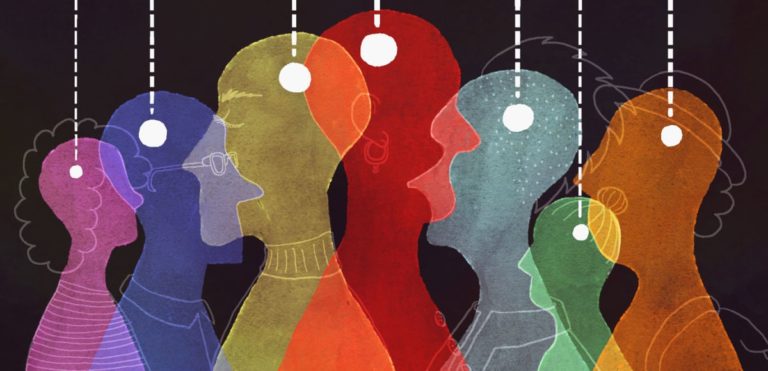In 2003 when a cancerous tumour was discovered on the pancreas of Steve Jobs, the brilliant, mercurial co-founder of Apple refused to undergo surgery to have it removed. “I really didn’t want them to open up my body, so I tried to see if a few other things would work,” Job later told his biographer, Walter Isaacson.
For Jobs, those other “things” included his already strict vegan diet, fresh carrot and fruit juices, as well as acupuncture, herbal remedies and some other treatments he discovered on the Internet. He also submitted to a regimen proscribed by a “natural” healing clinic that advised juice fasts, bowel cleansings, hydro-therapy and “the expression of all negative feelings.” Another “treatment” was eating horse feces. With reference to the latter, one friend later told Jobs “he was crazy.”
Nine months later, Jobs eventually agreed to surgery. But by then the cancer had spread. “During the operation, the doctors found three liver metastases,” wrote Isaacson. “Had they operated nine months earlier, they might have caught it before it spread, though they would never know for sure.”
Indeed, one cannot always know with certainty what causes this or that cancer or what allows it to spread. But I note Jobs (who survived another eight years though not without chemotherapy and radiation and additional operations) because his was a life that did not necessarily have to end early.
If, what we do know from scientific investigations and advances over the decades had been availed by Jobs early, perhaps Jobs might still be with us today. What we do know is that surgery, chemotherapy, radiation and other scientifically-tested and proven treatments can help save some people from an early death from cancer.
That doesn’t always work for everyone but a natural question is why someone as brilliant as Steve Jobs – he wasn’t crazy – would forego actual proven help for his illness, this in favour of “treatments” that were untested, or already falsified, or simply 21st century equivalent of 19th century quackery and snake oil. After all, in his professional career, Jobs would not have abandoned known methods for assembling a circuit board in favour of having employees chant over raw materials with the vain hope that fully formed I-Macs would magically result.
This issue of C2C Journal aims to help answer the question of why too many people oppose, abandon, or are unduly skeptical about science and its benefits. We zero in some controversies that have arisen and are connected to our bodies, e.g., claims about homeopathy or the 100-mile diet to name just two. With the help of authors from across North America and who have developed a deep knowledge of specific issues, be it the scientific method, organic foods, GMOs, so-called “alternative” medicine, or why people are attracted to conspiracy theories, we try to help answer that query.
There are obvious proven benefits to living a healthy life. Fresh fruits are preferable to rotten ones; foods with Vitamin C and D trump soda pop and Doritos as an aid to keep a body healthy; greens are better for you when compared with three beers and two fatty steaks every night. But it is one thing to note the obvious, the added benefits of healthy choices for a body; it is quite another to assert that they can replace scientifically-proven medical treatments to treat diseases already present.
In this issue of C2C Journal, we take the side of science and the scientific method over ad hominem attacks, foggy reasoning, magical thinking, and outright chicanery. Science and a proper understanding of it matters for many reasons but in the context of personal health, it matters even more.
~
Mark Milke Chairman of C2C Journal and issue editor






